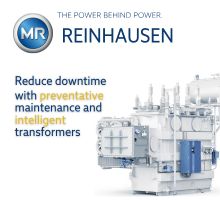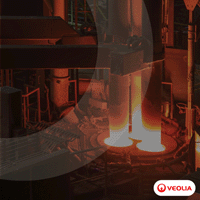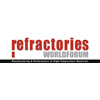Corus to Produce Wind Tower Components in Teesside
08/16/2010 - Corus plans to construct a new £31.5-million manufacturing plant in Teesside to produce steel foundation structures, called monopiles, used to secure offshore wind turbines to the seabed. Preliminary engineering work is under way at the Corus Redcar site.
Corus plans to construct a new £31.5-million manufacturing plant in Teesside to produce steel foundation structures, called monopiles, used to secure offshore wind turbines to the seabed.
Preliminary engineering work is under way at the Corus Redcar site.
Jon Bolton, Corus Long Products Director, said: “The development of a new plant is dependent on us securing enough orders for monopiles. Our engineers will be carrying out work in Teesside over the coming weeks to give us a head start on creating a new facility.”
The company intends to redeploy and re-equip redundant buildings on its 3000-acre Teesside site for monopile production and shipment of the structures, which can weigh as much as 650 tonnes.
Chris Elliot, Corus Director of Product Marketing, said: “The U.K. Government has approved ambitious plans to build thousands of wind turbines at sea over the next 10 years. They are intended to generate 35 gigawatts of electricity—around 15% of the U.K.’s energy requirements. Similar developments are taking place in other European countries.
“In the U.K. alone, we estimate that about 6 million tonnes of steel will be needed over the next 10 years to make the foundations and tower structures for offshore wind turbines. We are positioning ourselves to take full benefit of these opportunities,” Elliot concluded.
Corus is Europe's second largest steel producer. With main steelmaking operations primarily in the U.K. and the Netherlands, Corus supplies steel and related services to the construction, automotive, packaging, mechanical engineering, and other markets worldwide. It is a subsidiary of Tata Steel, one of the world’s top 10 steel producers. The combined enterprise has an aggregate crude steel capacity of more than 28 million tonnes and approximately 80,000 employees across four continents.



-(1)-Reinhausen-(1).jpg?lang=en-US&ext=.jpg)






